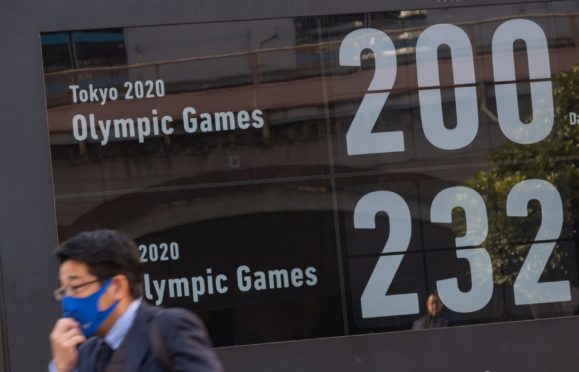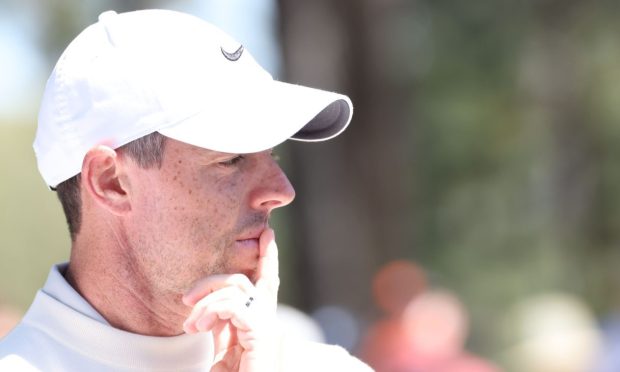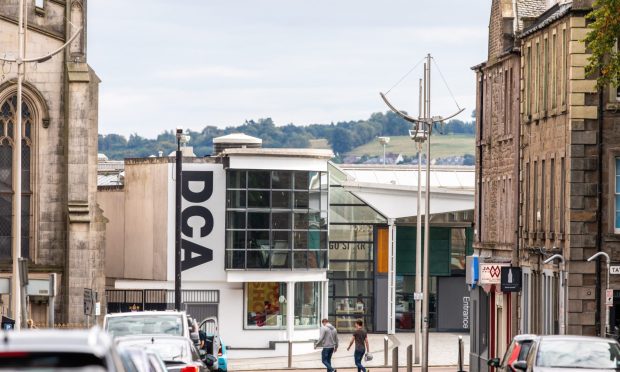The 200 days to go milestone was reached this week for the Tokyo Olympics.
What is usually a landmark that gets everybody, especially the athletes, excited hasn’t had that impact this year, that’s for sure.
My gut feeling is that there will be an Olympic Games of some sort in the summer but it will be unrecognisable from the ones we all remember.
There are unlikely to be any spectators and there are bound to be competitors who don’t make it to Japan.
Although Britain can see the light at the end of the tunnel with the coronavirus vaccination programme picking up pace, so many other countries will be well behind us.
July is a race against time that just can’t be won.
The possibility of athletes jumping the queue to be vaccinated has been raised.
That doesn’t sit well with me.
Every single athlete puts their sport at the centre of their world but the one thing this last year has shown us all is that it really isn’t the most important thing.
And, whichever way you dress it up, for the IOC to support the principle of queue-jumping like this wouldn’t be a good look.
You would have to do it globally and by July there will still be vulnerable people somewhere in the world who haven’t had their jabs.
It could actually be generations before we get the traditional type of Olympics back – if at all.
And by that I mean, old-fashioned athletes’ villages, opening and closing ceremonies and all the other stuff that have been taken granted.
Whatever happens for Beijing in 2022, I’m so grateful that I’ve had the chance to get the full Olympic experience on three occasions and I feel incredibly sorry for those who will miss out on it in years to come.
Elite sport has been given an exemption again for this latest lockdown and it’s not something I take for granted.
I know how fortunate we are to have the privileges we’ve been given to practice our sport while the bulk of the population is working from home.
We’ll hopefully continue with our ‘in-house’ curling tournaments in Stirling against the other Scottish programme teams and make the best of it.
As far as the competitive curling season is concerned, it’s very hard to be optimistic for obvious reasons.
And that includes the World Championships in March.
You can hopefully envisage Brits being allowed to travel by then but it could well be a different story for other nations.
The idea of 12 teams from 12 different countries getting to Switzerland seems a long-shot at the moment, I have to say.
If the men’s, women’s and mixed Worlds don’t go-ahead, there will be big ramifications for the Winter Olympics in 2022.
Qualification was already going to be truncated but if there are no World Championships then the World Curling Federation have got a real problem on their hands.
Do they go with the nations who qualified in 2018?
That may end up being the only fair option.
And, unfortunately for Great Britain, it would mean we wouldn’t be in the mixed event because we didn’t make it to PyeongChang.










